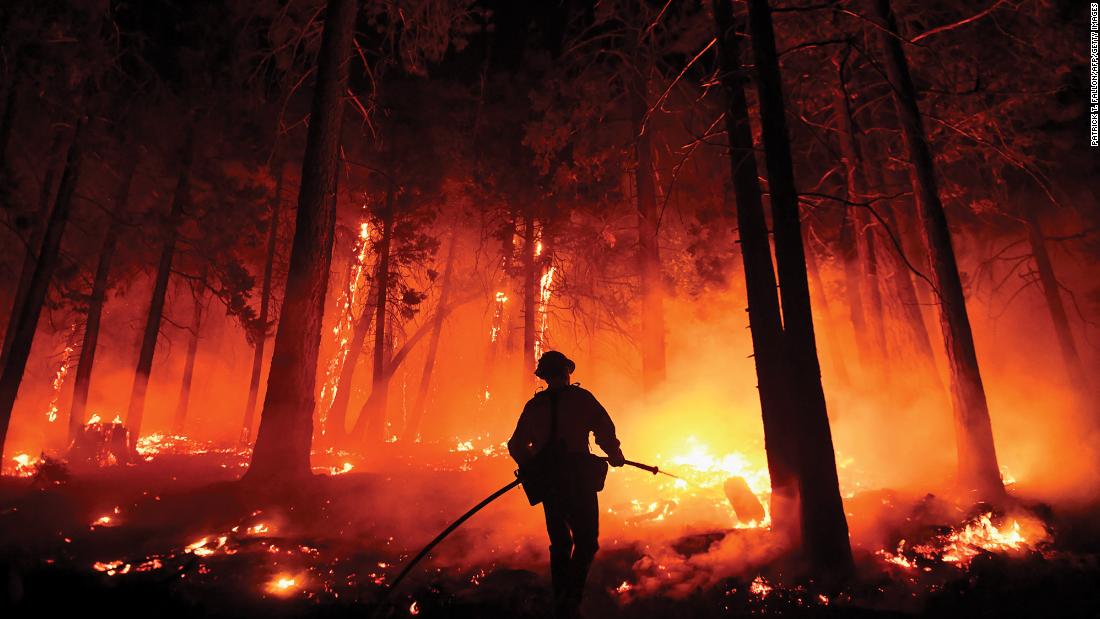
The next front in Facebook's misinformation battle: climate change
CNN
In August 2019, when a Facebook employee typed "climate change" into the platform's search bar, the auto-fill suggestions that popped up included "climate change debunked" and "climate change is a hoax." The results prompted the employee to ask in a post on the company's internal site: "Do our policies combatting the spread of misinformation on Facebook apply to climate denialism?"
More than a year later, in January 2021, a Facebook employee noted a similar concern when searching for "climate change" on the social network's video-on-demand service, Facebook Watch. The second result, according to the employee, was a video titled "Climate Change Panic is not based on facts." The video had been posted nine days earlier and already had 6.6 million views, according to another internal post.
These examples were flagged by Facebook (FB) employees on the company's internal site, according to documents reviewed by CNN Business. These were part of the hundreds of internal company documents included as evidence to support disclosures made to the Securities and Exchange Commission and provided to Congress in redacted form by Facebook whistleblower Frances Haugen's legal counsel. A consortium of news organizations, including CNN, reviewed the redacted versions received by Congress.

 Run 3 Space | Play Space Running Game
Run 3 Space | Play Space Running Game Traffic Jam 3D | Online Racing Game
Traffic Jam 3D | Online Racing Game Duck Hunt | Play Old Classic Game
Duck Hunt | Play Old Classic Game






